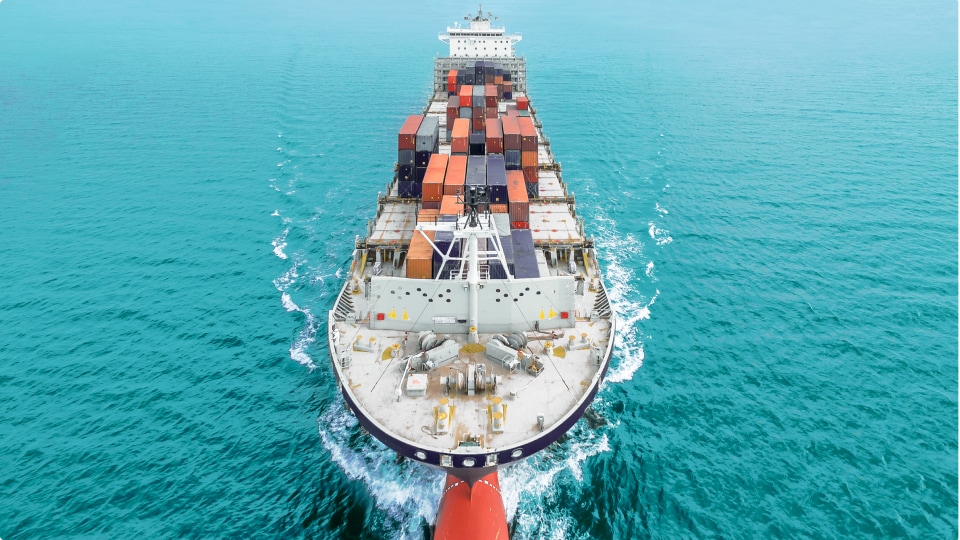Cargo ships, the unsung heroes of global trade, traverse vast oceans, connecting continents and delivering goods to every corner of the world. Have you ever wondered how far these mighty vessels can travel in a single day? In this blog post, we will delve into the factors that determine the daily mileage of cargo ships, exploring the intricacies of their operations and shedding light on the impressive distances they can cover.
- Ship Speed and Engine Power:
The speed at which a cargo ship can travel greatly influences its daily mileage. Modern cargo ships are equipped with powerful engines that enable them to maintain consistent speeds, even in adverse weather conditions. These engines, often fueled by heavy oil or diesel, generate immense power, propelling the ship forward and allowing it to cover significant distances within a 24-hour period. - Weather and Sea Conditions:
While cargo ships are designed to withstand various weather conditions, the state of the sea can impact their daily mileage. Rough seas, strong currents, and adverse weather patterns can slow down a ship's progress, reducing its speed and consequently limiting the distance it can travel in a day. Conversely, calm seas and favorable weather conditions can enhance a ship's speed, enabling it to cover more ground. - Cargo Capacity and Weight:
The amount and weight of cargo carried by a ship also play a crucial role in determining its daily mileage. Cargo ships are designed to carry massive loads, but excessive weight can affect their speed and fuel efficiency. Ships operating at or near their maximum capacity may experience reduced speeds, resulting in a lower daily mileage. Optimal cargo distribution and careful planning are essential to maximize a ship's efficiency and mileage. - Fuel Consumption and Efficiency:
Fuel consumption is a significant factor in a cargo ship's daily mileage. Efficient fuel management is crucial to ensure optimal performance and maximize the distance covered. Ship operators employ various strategies, such as optimizing routes, adjusting speeds, and utilizing advanced technologies, to minimize fuel consumption and increase mileage. Additionally, ongoing advancements in propulsion systems and alternative fuels are driving the industry towards greater fuel efficiency and reduced environmental impact. - Navigation and Port Calls:
Cargo ships follow predetermined routes, navigating through international waters and stopping at ports along the way. The frequency and duration of port calls can impact a ship's daily mileage. Longer port stays or delays in port operations can reduce the time available for sailing, ultimately affecting the distance covered in a day. Efficient port operations and streamlined logistics are vital to minimize downtime and maximize a ship's mileage potential.
Conclusion:
Cargo ships are capable of covering impressive distances in a single day, thanks to their powerful engines, efficient fuel management, and the expertise of their crews. While factors such as ship speed, weather conditions, cargo capacity, and port operations influence their daily mileage, advancements in technology and industry practices continue to push the boundaries of what these vessels can achieve. As global trade continues to expand, cargo ships will remain the backbone of the world economy, connecting nations and bridging continents with their remarkable ability to sail vast distances.
